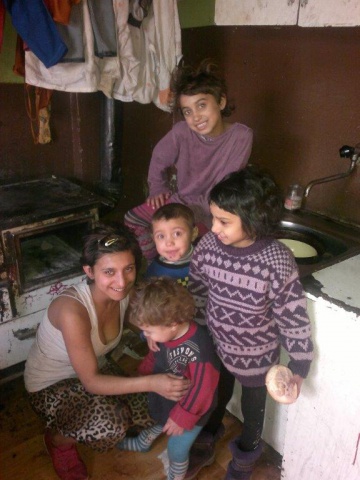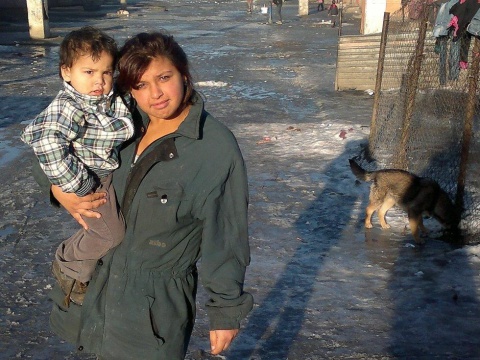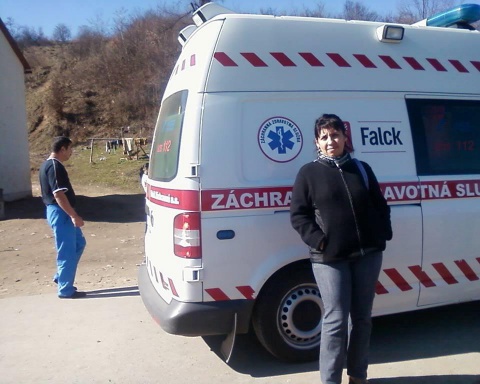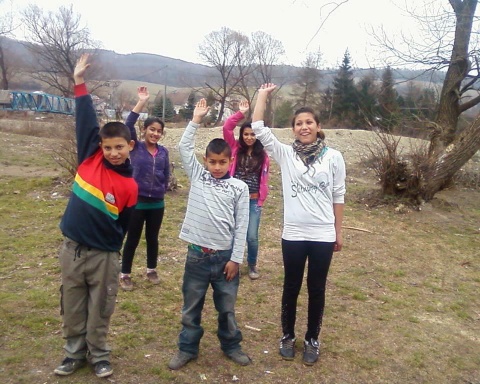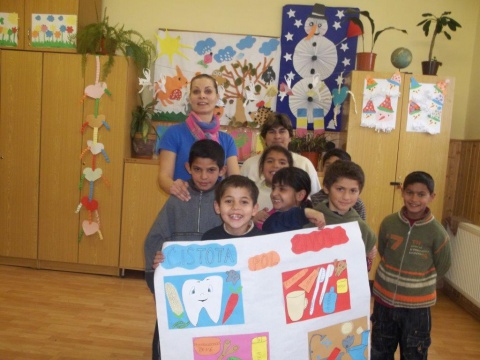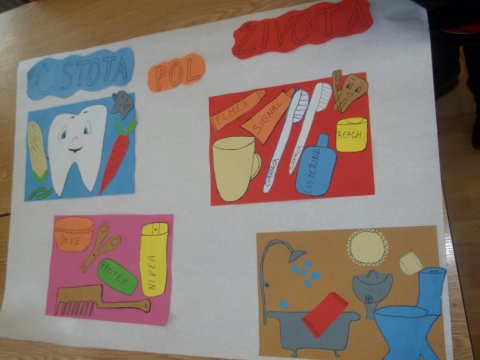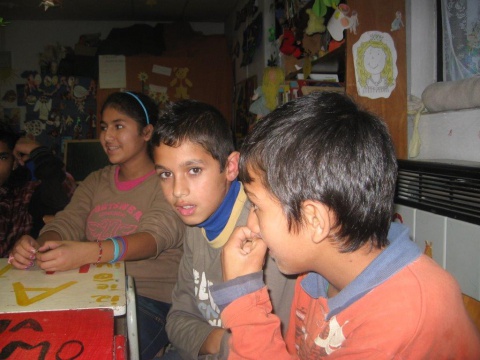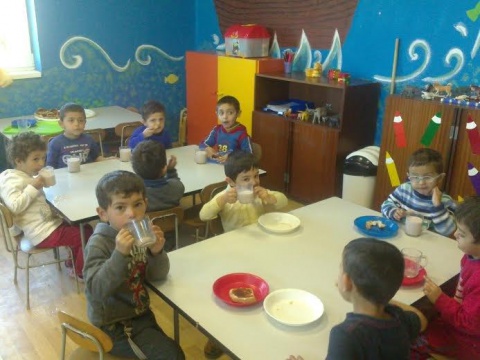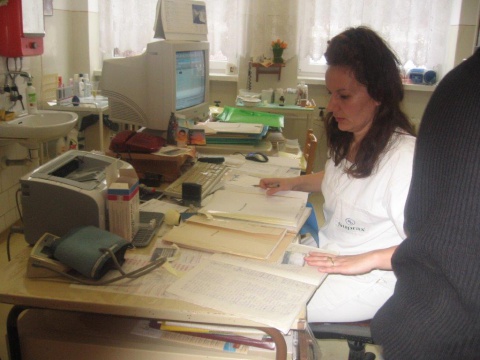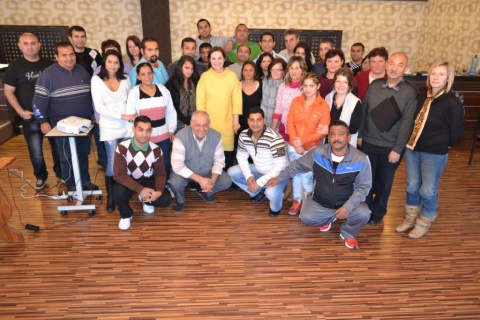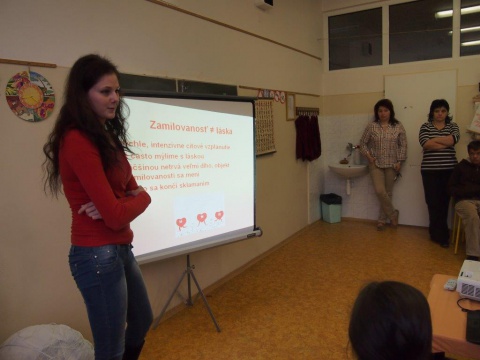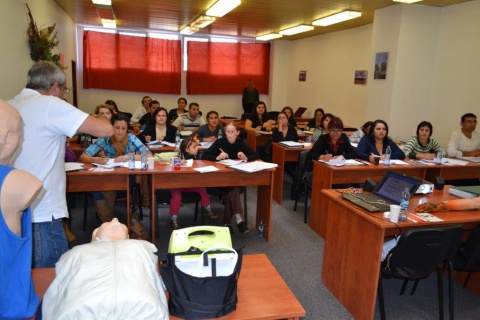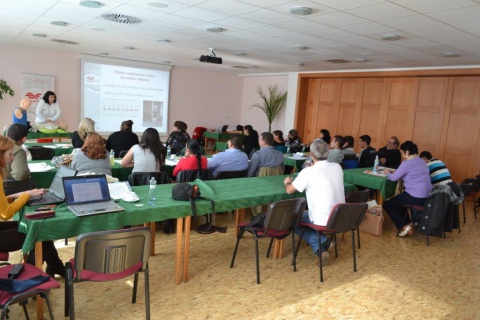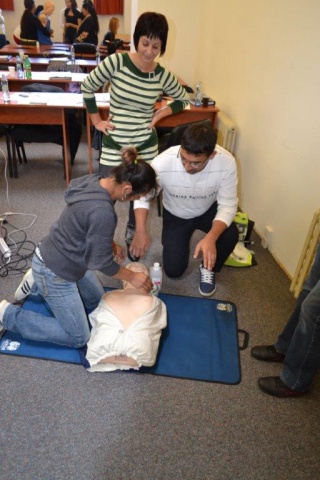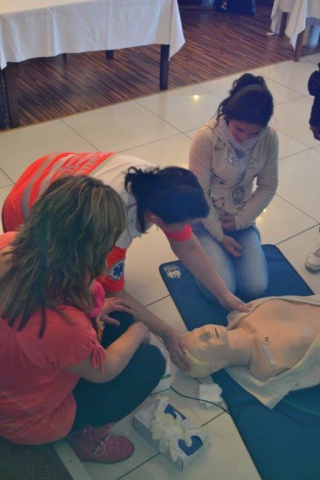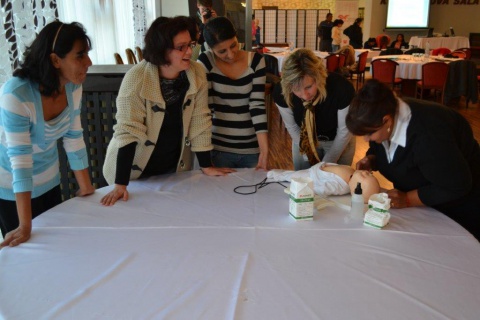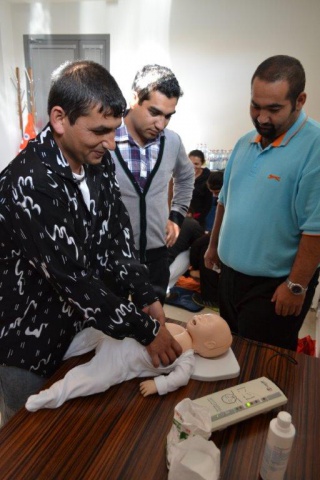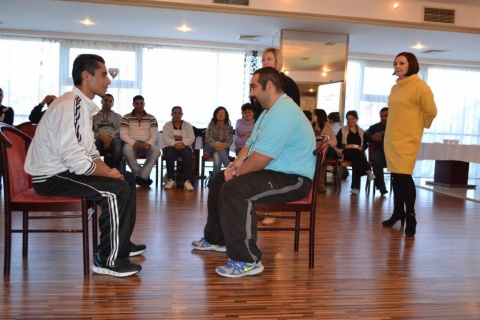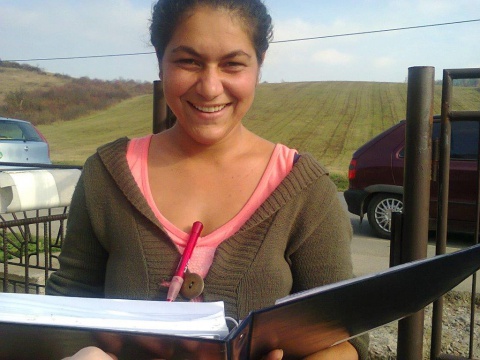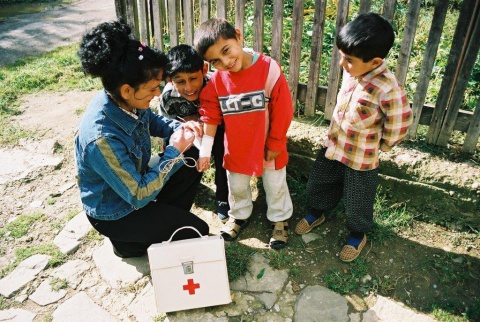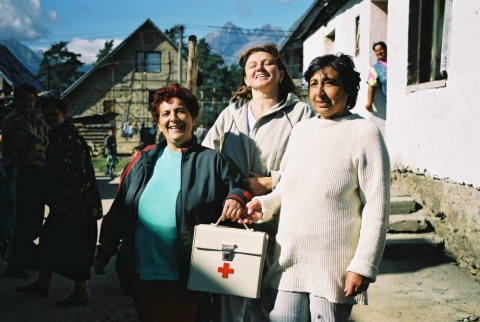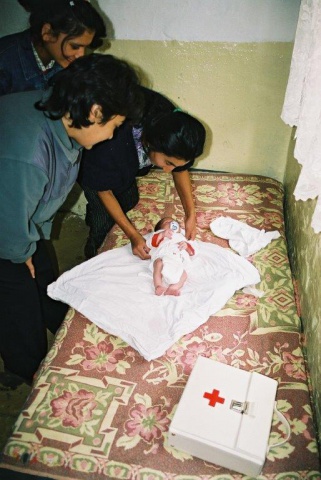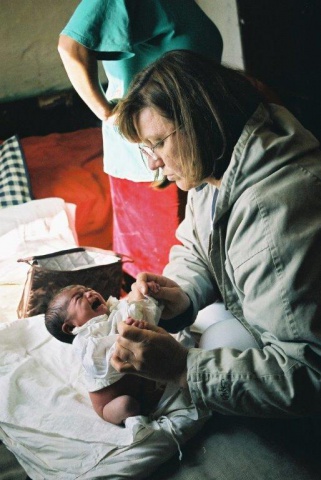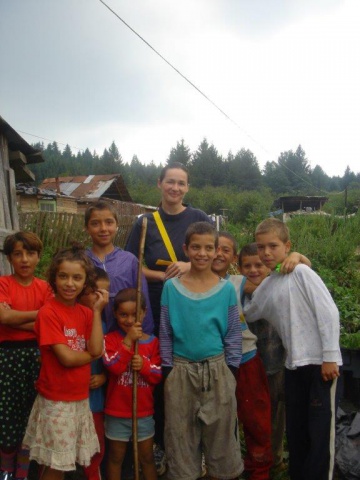
In Slovakia, about half of the Roma population is integrated into the overall population, while the other half lives in Roma settlements. As in many countries in the region, Roma settlements in Slovakia are often geographically isolated and characterised by a lack of infrastructure, hygienic amenities, and social and health services. Due to these and other factors, employment rates, educational attainment, and health literacy are especially low in Roma settlements. Roma living in these settlements are among the population groups most exposed to health-related risk factors.
This is why the Association for Culture, Education and Communication (ACEC), which has long been engaged in health education in Roma settlements, has initiated a platform to support the health of disadvantaged groups. Membership in the association is open to all who wish to support the systematisation and stabilisation of awareness programs focused on the health of disadvantaged groups. The main objective of ACEC is to improve the health of the people in segregated Roma settlements in Slovakia by increasing human resource capacity, health literacy and health care access and assessments of Roma health. This work is done by health assistants, who are themselves settlement inhabitants, provide medical training, mentoring and advisory services.
Better health for many people
The H. Stepic CEE Charity finances, and implements its first project in Slovakia called “Healthy Communities” jointly with ACEC. The project is being implemented predominantly in eastern and southern Slovakia.
Through the training of 80 healthcare assistants for 80 settlements, approximately 60,000 settlements inhabitants (the “beneficiaries”) will profit from better health literacy and thus, hopefully, their living conditions will gradually improve.
The training programme, which all health assistants attend, had been accredited by Slovakia’s Ministry of Education in 2009. The focus clearly lies on information, motivation and specialisation. Through the training, the health assistants become highly respected and motivated health experts within the Roma societies. They become a vital link between the doctors and the Roma settlements, which without the health assistants would not have access to any medical support. An ACEC team of trainers leads the training sessions, together with doctors and representatives from the Operation Centre of Medical Emergency services. Three training blocks will ensure a solid education of the health assistants, so they can in return fulfil their tasks and educate the beneficiaries within the Roma communities.
The first training already started in October 2013, and first positive results can be seen. More than 20,000 interventions were already made in favour of the clients. The assistants carried out awareness briefings for families regarding the hygiene, nutrition or the prevention of infectious and parasitic diseases and also accompanied clients to the doctors, when they themselves were afraid to go alone. Such a best practice example includes, for instance, that one of the health assistants successfully supported a young mother delivering her baby.
Also in the near future the programme will focus on disease prevention and emergency support and thus significantly improve the living conditions of the beneficiaries by deepening the knowledge of both the health assistants as well as the Roma living in the communities.
